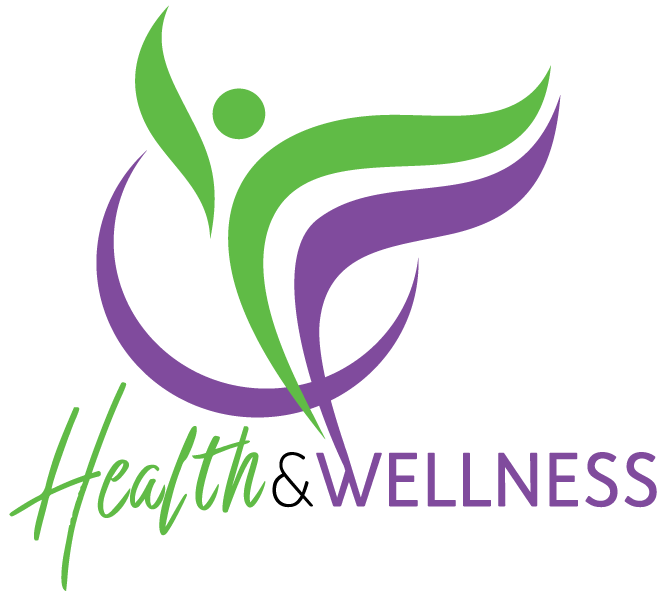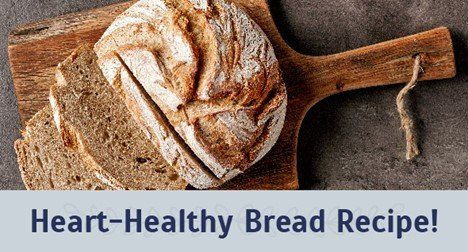Reach Us At
Join our VIP e-mail list to receive the latest specials and news from Shop Local Delmarva.
Contact Us
Connect
How is Your Heart?
March 4th 2021
Featured Contributor:
Dr. Tricia Thompson of Maryland Integrative Health
As we close out February – American Heart Month – a time when the nation spotlights heart disease, the No. 1 killer of Americans. . . how is your heart?
During the COVID-19 pandemic, many people have delayed or avoided going to hospitals for heart attacks and strokes – netting poorer outcomes and prompting the AHA to create "Don't Die of Doubt," a national awareness campaign that reminds people that hospitals are the safest place to go when you have symptoms.
And while in lockdown, more people have engaged in unhealthy lifestyle behaviors, such as eating poorly, drinking more alcohol and limiting physical activity, that can contribute to heart disease.
Heart disease continues to be the greatest health threat to Americans and is still the leading cause of death worldwide, according to the AHA's Heart Disease and Stroke Statistics – 2021 Update.
The update, published in the journal
Circulation, reports that nearly 18.6 million people across the globe died of cardiovascular disease in 2019, the latest year for which worldwide statistics are calculated. That's a 17.1% increase over the past decade. And 523.2 million cases of cardiovascular disease were reported in 2019, a 26.6% increase over 2010.
One out of every three deaths in the US is caused by some form of cardiovascular disease.
The AHA (American Heart Association) also estimates that an average of 92.1 million Americans are living with some form of cardiovascular disease or the after-effects of stroke - a figure which should be more shocking than it is. The reality is that we all know someone who has or has been directly affected by a heart-related condition. These figures are only increasing and it’s becoming more difficult to pinpoint exact causes and effective treatments before they become life-threatening.
In most cases, heart disease is preventable when people adopt a healthy lifestyle, which includes not smoking, maintaining a healthy weight, controlling blood sugar and cholesterol, treating high blood pressure, getting at least 150 minutes of moderate-intensity physical activity a week and getting regular checkups.
Although many will argue that these conditions are hereditary diseases, there have been several studies in recent years which suggest that this might not be the only cause. Yes, some people are more susceptible to developing heart disease than others, but many functional health professionals assert that this ultimately comes down to a combination of genetics AND lifestyle factors - the latter of which are certainly NOT irreversible or unchangeable.
The most common issues associated with heart health include:
- Heart disease
- Coronary Artery Disease (narrowing of the arteries)
- Diabetes
- Heart failure
- Arrhythmias (abnormal heartbeat)
- Stroke
Functional Medicine And Heart Health
Many people have experienced lowered levels of heart complications as well as decreased risk of developing them further by enlisting functional medicinal approaches.
Functional medicine aims to avoid the use of prescription medication, in order to remove the toxicity of drugs in the bloodstream and to lower the likelihood of heart conditions either worsening or developing at all.
As a functional health specialist, Dr. Mark Hyman has stated . . .
“Genetics loads the gun. Environmental factors pull the trigger.”
Through this, we can understand that our genetics play only a small role in the development of these disorders. Other factors that contribute to overall heart health (as modern medical doctors will agree) include our diet, activity levels, stress levels, and unhealthy habits like smoking.
We can even look at your risk through advance biomakers and DNA testing to see where best to intervene!
This means that by taking control of the factors which are in our control in order to combat heart disease, we can lower the risks associated with developing heart complications later in life.
Some steps you can take to ensure your heart is in it’s most healthy condition to prevent the onset of heart disease Include:
- Removing processed foods from your diet and adding loads of colorful fruits and vegetables which are phytonutrient rich foods actually reduces cholesterol
- Eliminating Sugar Sweetened Beverages- Soda, Juice, Energy Drinks
- Quitting Smoking - Harvard Medical School states that quitting smoking has immediate benefits, no matter how old you are or how long you have been smoking, and those benefits start the moment you quit. After just one year of not smoking, your risk of heart attack reduces by 50%. After 10 years, the risk drops to that of a person who never smoked
- Maintaining physically activity levels. A 2018 study that followed 1104 working adult men found a significant negative association between baseline push-up capacity and incident cardiovascular disease risk across 10 years of follow-up. Participants able to complete more than 40 push-ups were associated with a significant reduction in incident cardiovascular disease event risk compared with those completing fewer than 10 push-ups.
Meaning Push-up capacity is a no-cost, fast, and simple measure that may be a useful and objective clinical assessment tool for evaluating functional capacity and cardiovascular disease risk. So drop and give me 40!
- Practicing stress management - finding ways to quiet the mind and activate a special part of your nervous system called the Parasympathetic Nervous System.
My favorite stress management tool is 4-7-8 breath! This is a very simple and useful tool to achieve general relaxation and to manage stress.
- Simple
- Quick
- No equipment needed
- Do it anywhere, nobody has to know
Basically breath in for count of 4, hold for count of 7 and breath out for count of 8 and repeat 4 x. Do this cycle up to ten times per day.
Here’s the 4-7-8 Breathe explained so you can implement this tool NOW!
Eating gluten-free is also an effective heart healthy alternative!
Here is a gluten grain free paleo bread recipe that tastes great, and it is super easy to make!
Servings: 12 slices
Prep Time: 5 minutes
Cook Time: 35 minutes
Ingredients
- 1 cup almond flour
- 3/4 cup arrowroot
- 1/2 cup golden milled flax meal
- 1/3 cup coconut oil (solid, not melted)
- 4 medium pasture raised eggs
- 1/4 cup water (room temperature)
- 2 tablespoons pure maple syrup
- 1 teaspoon apple cider vinegar
- 1/2 teaspoon sea salt
- 2 teaspoons baking powder (aluminum free)
Instructions
1. Preheat oven to 350F. Line a standard loaf pan with parchment paper or spray a loaf pan with coconut oil.
2. In a blender or food processor, combine all of the ingredients for the bread.
3. Pour the batter into the loaf pan. Bake on 350F for 35 minutes until golden on top.
4. Enjoy!
(This recipe was found on Paleo Gluten Free Eats)
Share this Post
































